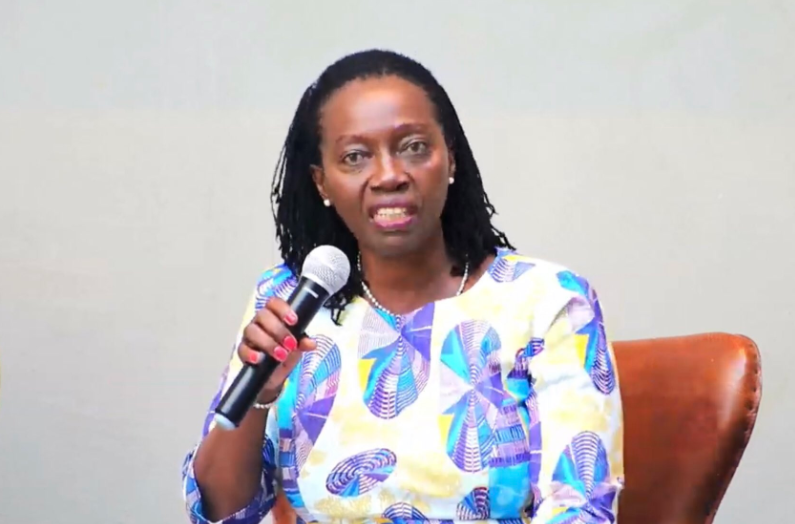Ruto wants family barred from State business, declines bill

President William Ruto now wants family members of public officers barred from engaging in business activities with national and county governments under the proposed law on conflict of interest.
This is after the President advised members of the National Assembly and Senate to expand the meaning of the word family in the Conflict-of-Interest bill.
According to the President, a public officer whose family, member of relative does business with the government or agency would be deemed to be in conflict with the law.
In his recommendation, Ruto has proposed that the definition of “family” be expanded to mean a spouse, dependent child, parent of a public officer and a dependent child of the spouse of a public officer, or a parent of the spouse of a public officer while a “relative” means a person who is related to a public officer by birth, marriage, adoption or affinity.
“The absence of definitions of the words “family” and “relative” limits the scope of the Bill. Public officers can bypass conflict of interest restrictions by using family members and relatives as proxies, thereby compromising the integrity of the conflict-of-interest framework,” the President’s memorandum to MPs reads.
The expansion of family is among 12 other changes that Ruto wants included in the Conflict-of-Interest Bill which he declined to assent to and instead sent it back to Parliament for adjustments.
He indicated that he had sent the bill back to parliament because, despite its interpretation of conflict of interest, it had failed to impose stringent measures on public officials, including members of parliament, found doing business with the State and counties.
The bill was passed after he had implored on MPs during his State of the nation address on November 21, last year to stop dragging their feet on it.
“Now therefore, in exercise of the powers conferred upon me by Article 115 of the Constitution, I decline to assent to the Conflict-of-Interest Bill, 2025, and refer the Bill for reconsideration by both houses of parliament, for the reasons set out hereunder,” he states.
In his memorandum, Ruto who proposed the definition of an “undeclared asset” to mean asset that they may not be disclosed also wants the Ethics and Anti-Corruption Commission (EACC) to be given powers to institute proceedings for forfeiture of undeclared or unexplained assets in case a public officer conceals the assets acquired through conflict of interest.
According to the Bill, publics officer are in conflict of interest if they exercise an official power to further their private interests or the private interests of another person, if their private interests can reasonably be perceived to impair or influence the public officer’s ability to act objectively in the performance of an official duty or if they have private interests that could conflict with the duties of the public officer in future.
Where a public officer has knowledge that a family member or a relative has accepted a gift or favour, Ruto proposes that the public officer should within 48 hours of such knowledge or not on duty make a declaration of the acceptance, giving sufficient details of the gift or favour accepted , the donor and the circumstances under which it was accepted for purposes of assessment of potential conflict of interest.
“Public officers may conceal assets acquired through conflict of interest by failing to declare or explain such assets. It is therefore important to empower the Commission to institute forfeiture proceedings against public officers who fail to declare or explain assets,” the president says.
With regards to the requirement that officers declare their income, assets and liabilities and those of their spouse or children and periodically provide information on material changes affecting the same, Ruto wants MPs to come up with a clear definition of “material change” in order to enhance compliance
In this regard, he recommended that the definition of material change be expanded to mean at least 25 percent increase or decrease in the value of an income, asset or liability.















